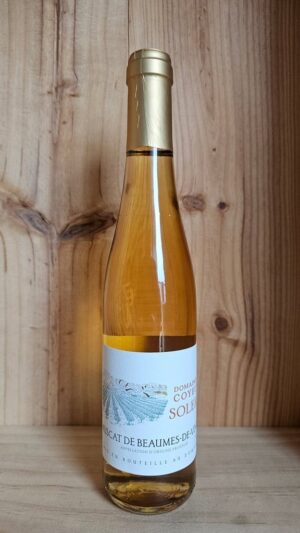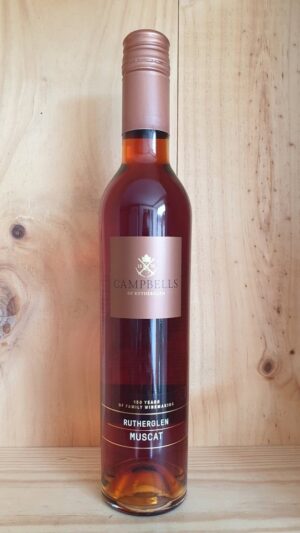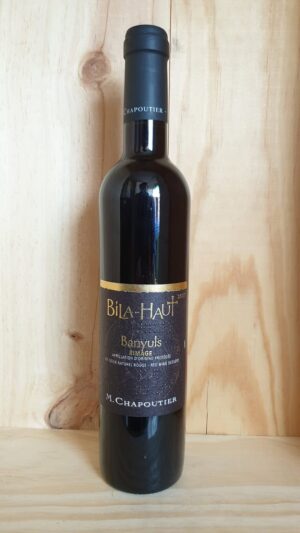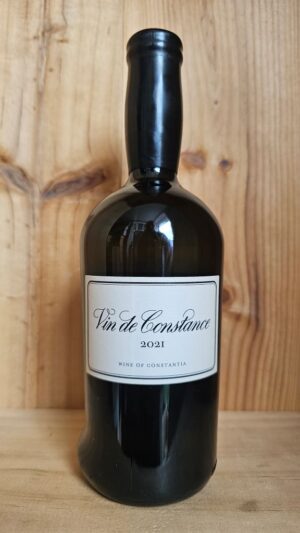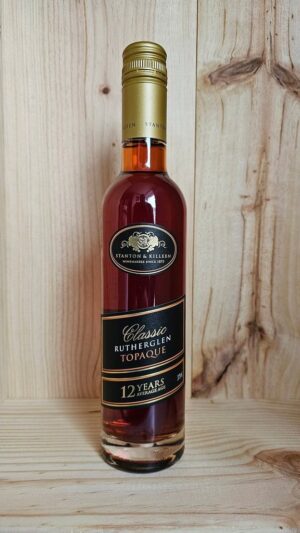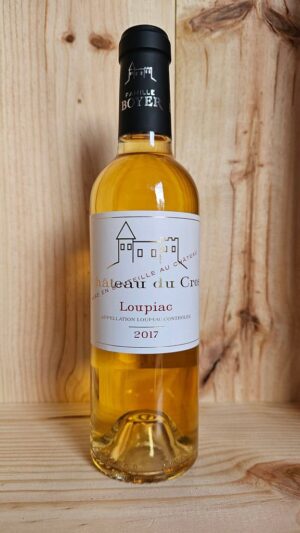| Origin | |
|---|---|
| Main grapes | |
| Other grapes | |
| Vintage | |
| Bottle sizes |
M. Chapoutier Domaine Souffle de Solaure Muscat Petits Grains Passerillés is a sweet, white French dessert wine made from grapes left to dry on the vine to concentrate the sugars, acids and aromas. It is produced at M. Chapoutier’s new domaine, Domaine Souffle de Solaure, located in the heart of the Vercors Massif in eastern France, around 20 miles to the south-west of Grenoble.
Domaine Souffle de Solaure is a new, small domain for Chapoutier. As mentioned above, it is located in the Vercors Massif in eastern France, and the terroir is one of the coolest and highest in France. The vineyards boast a favourable exposure, which helps to contribute to the freshness and quality of the grapes.
The main raison d’être of the estate is for producing two white wines, a white Côteaux de Die and sparkling Clairette de Die “méthode ancestrale”. The estate is planted with Muscat Blanc à Petits Grains and Clairette. The Muscat is also used to make this sweet, luscious dessert wine.
M. Chapoutier Domaine Souffle de Solaure Muscat Petits Grains Passerillés is made from 100% Muscat Petits Grains from vineyards planted on Oxfordian limestone marl, in southern Vercors, at an altitude of 570 metres above sea level.
This Chapoutier sweet wine is made using the “passerillage” wine-making method, essentially air-drying the grapes. This can be done either on the vine or after harvest. The vines are perched on steep hillsides, benefiting from optimum sunshine and a refreshing breeze, which are ideal conditions for drying the grapes and keeping mould and mildew at bay. For this wine, the grapes are left to dry on the vine for between 30 and 40 days, concentrating the naturally occurring sugars, aromas and acidity.
After harvest, 100% Muscat Blanc à Petits Grains grapes are whole bunch pressed.
Light settling occurs post-pressing.
Very long fermentation takes place using indigenous yeasts in large 600-litre wooden barrels.
Fermentation naturally stops at approximately 140g/L of residual sugar due to the high sugar content in the grape must.
Wine is aged for 24 months on fine lees before bottling.
The domaine is named after the “Solaure”, a local wind that blows in Saillans, on the Solaure plateau, where the vines are located. The name translates as “breath of Solaure”, representing the “second wind” that Chapoutier wants to breathe into this estate.
Maison Chapoutier has grown into one of the largest and most recognisable producers of Rhone wines. The company dates back to 1808 when Michel Chapoutier’s distant ancestor, Polydor Chapoutier, bought a parcel of vines in the Rhone Valley. Today, the Chapoutier has vineyards throughout the Rhone from Côte Rôtie in the north to Luberon in the south, as well as having overseas projects like Domaine Tournon in Victoria, Australia.
Michel is committed to making the best wines whilst respecting the environment. Chapoutier now owns the largest biodynamic vineyard in Europe. It is his personal conviction that “the complexity in a wine comes from the level of microbiological activity around the vine roots”. Soils on the Chapoutier estate never see pesticides or herbicides, floral growth amongst the vines is essential, and the natural cycles of earth, sun and moon are also considered.
This is a luscious, sweet French wine that could be served as an aperitif but will also pair well with Melon and Bayonne ham, pan-fried roasted figs, and raspberry tartlets.
It will also pair well with blue cheese. If you can find them in the UK, try with blue cheeses from the Rhone like Bleu de Termignon, Bleu du Vercors-Sassenage, Fourme d’Ambert and Rochebaron
Serve lightly chilled at 10-12°C.
